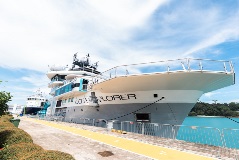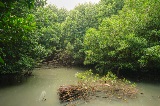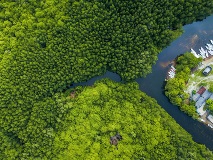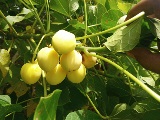Project Partner: Temasek Life Sciences Laboratory
Geographies: Laos, Indonesia, and India
What is the core idea of the pilot?
Rice is a vital staple food for nearly half of the global population, and is deeply intertwined with Asian cultures, diets, and economies. However, the crop is both a victim of and contributor to climate change.
A rapidly growing global population will see a 30% surge in rice demand by 2050. But rice yields have stagnated due to increasing scarcity of rice-growing resources – and is further exacerbated by the effects of climate change e.g. rising temperatures and extreme weather. Food security, health, and livelihoods are correspondingly impacted.
Yet the very practice of rice farming contributes to climate change. The sector accounts for 10% of global methane emissions, with Southeast Asia responsible for 25-33% of Asia's total methane emissions. Methane has 28 times greater warming potential than carbon dioxide over a 100-year timeframe and acts as a significant precursor to the formation of ground-level pollutants, compromising human health and crop yields.
Why is this innovative?
A three-pronged integrative approach to sustainable rice agriculture is proposed to be implemented in India, Laos, and Indonesia on 100 ha plots:
- Sustainable water use management – a more controlled irrigation/fertigation strategy, enabled by drip irrigation technology, can significantly reduce methane emissions, water and fertiliser use, and increase grain yield
- Soil microbiome management – customised fertigation solution will be developed in order to limit methane production in soil from over-flooding fields and fertilise the rice plants for yield improvement.
- Development and adaptation of climate-resilient rice varieties – determine the varieties with desirable traits such as submergence- and drought-tolerant, disease resistant, high harvest index (HI), high productivity and lower CH4 fluxes.
What will success look like?
The project’s strategy extends beyond singular solutions; it envisions more universal and dynamic methodologies that reduce the environmental footprint of rice cultivation and drive farming communities towards a future marked by nature-based resilience and prosperity.
- Improve rice productivity (at least 5% increase in yield) and water management, and optimise the usage of inputs for rice cultivation – thereby enhancing livelihoods
- Reduce pollution and methane emissions (at least 20% reduction), thereby facilitating sustainable farming
- Increase resilience towards erratic weather patterns and supplement income from dry season harvests
- Obtain carbon credit as additional revenue stream to farmers
How will success be achieved?
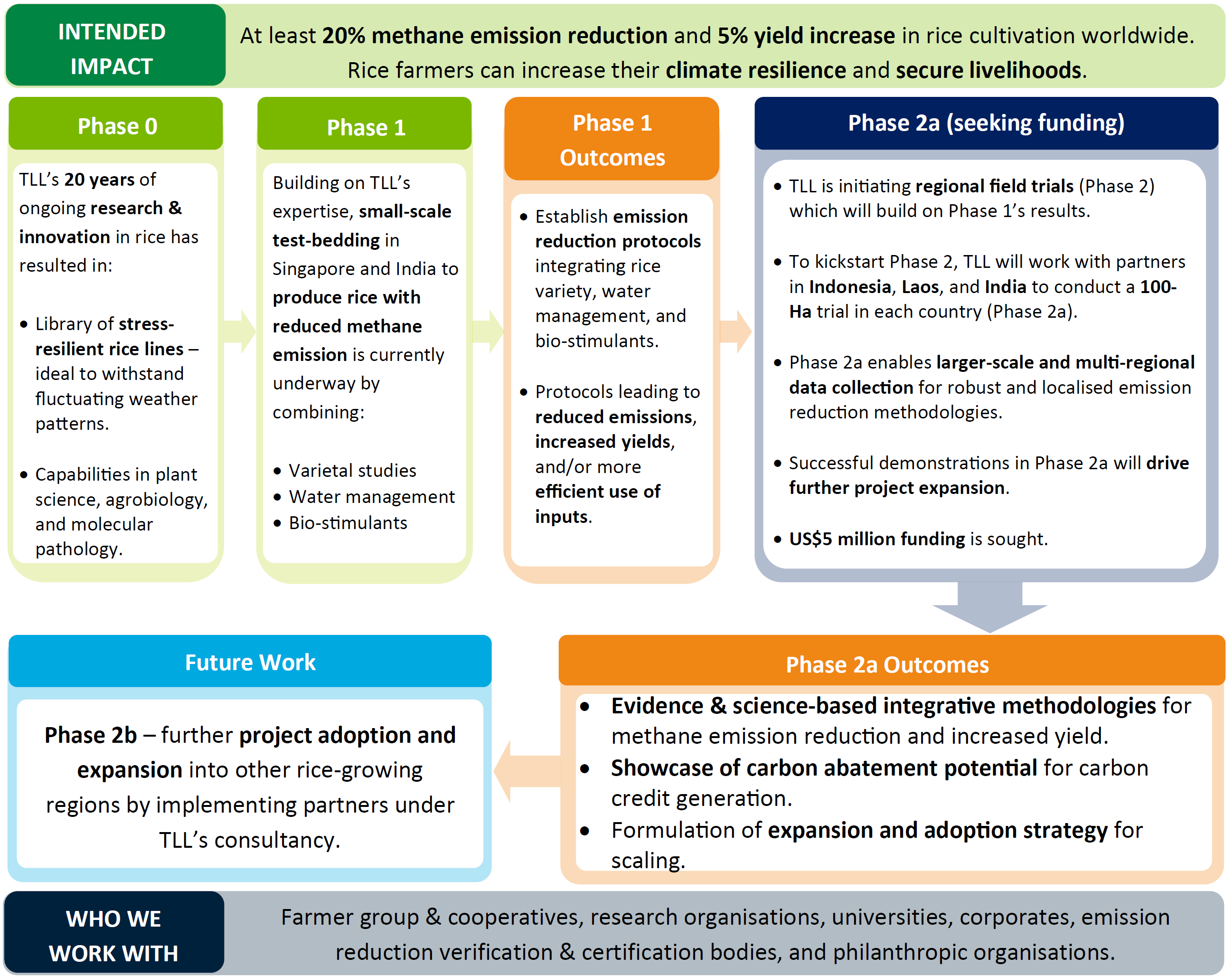
Who is leading the project?
TLL's R&D focus in nutrition security, sustainability, and health span extension allows it to innovate and build towards a solution that is climate-friendly and beneficial for the larger populations.
TLL’s early success includes the Aceh rice project, where TLL helped rebuild the region and develop new rice types to increase rice production in Aceh to enhance food productivity.
TLL also has a long-standing collaborative relationship with various rice growers and research institutes in the proposed trial regions which helps to ensure a smooth project implementation. Phase 1 trials in Singapore and India (funded by Temasek Foundation) has yielded promising results.





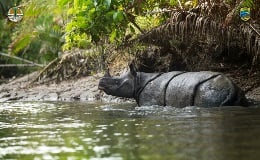
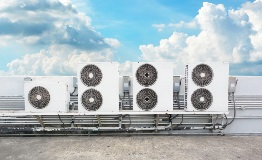
.tmb-.jpg?Culture=en&sfvrsn=9ab1f1f6_1)
